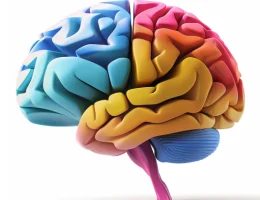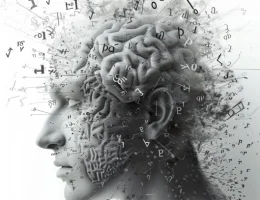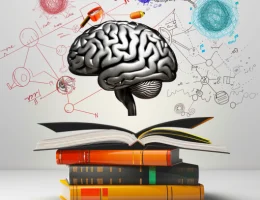Research into high intelligence provides valuable insights into human cognitive abilities and their impact on individual and societal progress. By exploring the historical development of intelligence studies, the challenges of measuring exceptional cognitive abilities, and recent advancements in neuroscience and psychometrics, this article highlights the ongoing importance of understanding high-IQ …










